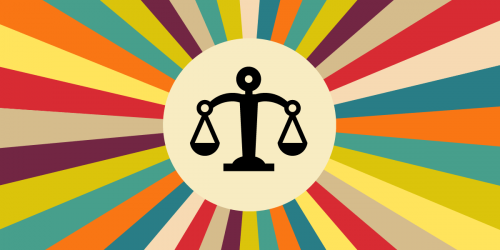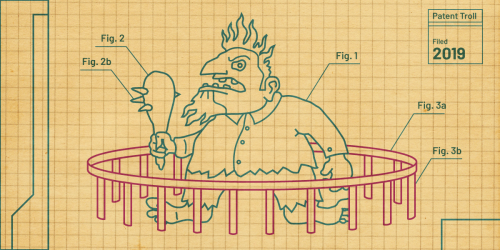As John Oliver and others have observed, the net neutrality debate is plagued with jargon—“reclassification,” “Title II,” “information service vs. telecommunications service,” and so on. But there’s one bit of jargon we need to hear more often: “forbearance.”
As we explained yesterday, forbearance is the process by which the Federal Communications Commission (FCC) expressly commits NOT to apply certain rules. It can choose to do that where enforcement of a given rule is not necessary to ensure reasonable and nondiscriminatory practices, or to protect consumers, and forbearance is consistent with the public interest. Normally the FCC forbears in response to a specific petition from a service provider but it can also do so on its own.
Forbearance is crucial to net neutrality because it helps to limit FCC regulation. If the FCC reclassifies broadband as a telecommunications service, which it must if it is going to do its part to protect an open and neutral Internet, then many folks fear it will be obligated to impose on the Internet a whole set of rules that were developed for telephone service. That would be a disaster, because most of those rules just don’t make sense when we’re talking about Internet infrastructure. For example, there are rules about obscene phone calls, rate schedules, telephone operator services, carrier reporting requirements, etc., that could lead to a host of new problems if misapplied to our Internet.
Forbearance is how we help ensure the FCC does what is necessary – and no more. It isn’t an iron-clad limit; the FCC must choose to do it, and it can change course if need be. But having made the choice to forbear, the FCC can’t change its mind willy-nilly, or in secret. Instead, it has to invite public comment, and respond to public concerns. If Internet users stay vigilant, forbearance would give us some lasting confidence that the FCC couldn’t use "net neutrality" as an excuse to interfere with free expression and innovation.
So while we call on the FCC to do the right and sensible thing and reclassify, we must simultaneously demand that the FCC explicitly reject any telecommunications regulations beyond specific and narrow prohibitions and requirements designed to create a fair and level playing field for innovation and user choice. Without broad forbearance, reclassification can become a nightmare for users, innovators and service providers alike.








